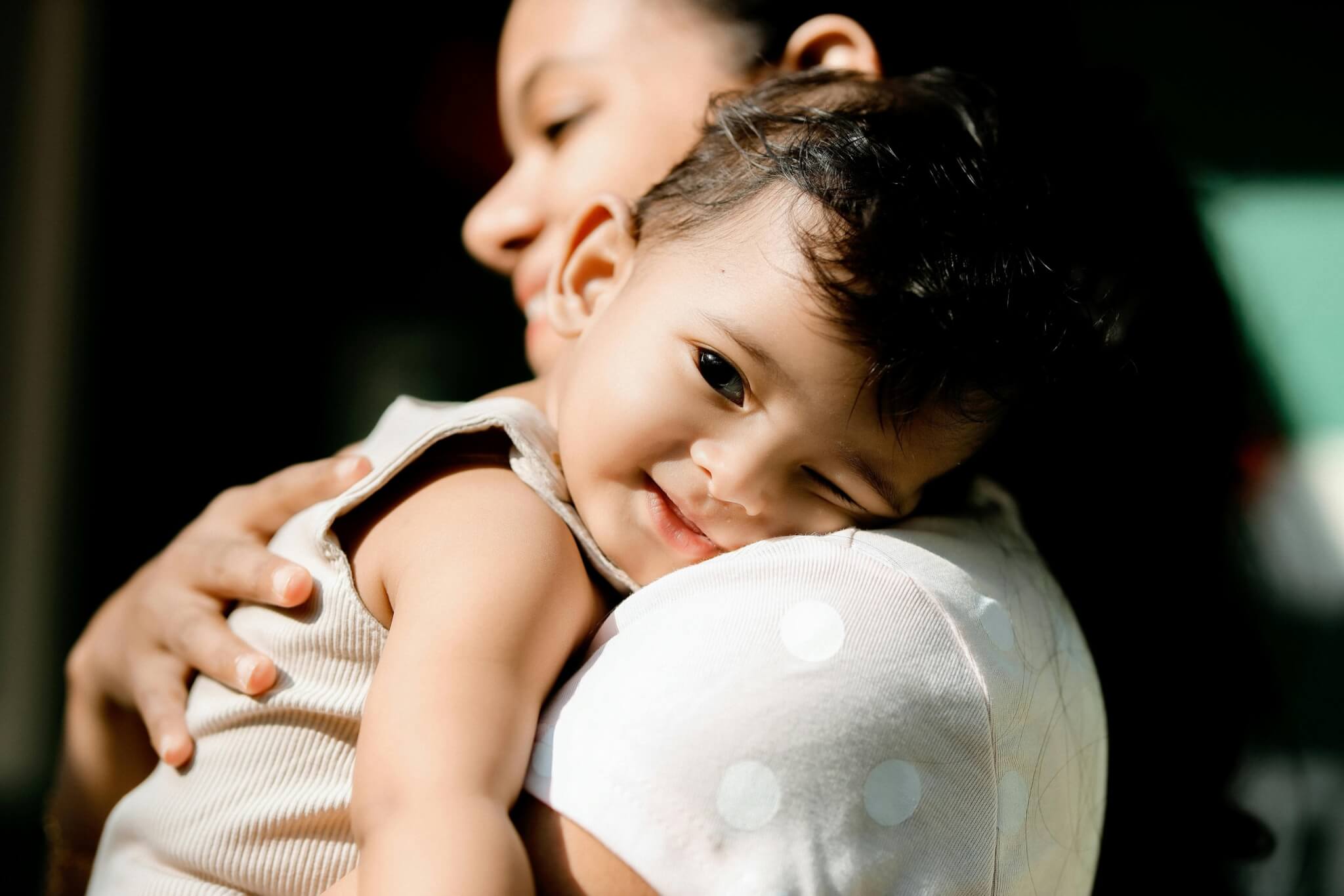
Expecting a new-born in the family is a source of great excitement for the future parents. Then the baby comes and your whole life changes – the habits you used to enjoy become luxuries, your sleep pattern has to adjust to the baby’s needs and stress is in the air. For some people this life changing event can be overwhelming and they may start to show signs of depression in the week or two after the baby is born.
Postnatal depression (sometimes referred to as postpartum depression) differs from typical depression because it is strictly related to circumstances of childbirth and negative emotions that might follow it. It is much more common in the female population, but it is also possible for fathers to feel the “baby blues”.
It is natural to feel a certain amount of fear when becoming a parent, especially for the first time. Every baby is different and it can take some time to get used to its behaviour and learn how to take care of it and bond in the process. Some people may experience more difficulty with this, to the point where it severely impacts their wellbeing or the wellbeing of the baby. Possible signs of postnatal depression are:
Usually symptoms of postpartum depression will alleviate themselves after 10 to 14 days without any treatment, but if they persist after this timeframe or if you find yourself thinking about hurting yourself or the baby get professional help immediately.
Just like with any other disorder or illness there is no singular reason that can be attributed to every case of postnatal depression. However, some possible causes are clear:
At Dr Jo Gee Psychotherapy, it is our policy to carefully consider the best solution to provide the necessary aid and comfort to every client. We offer support tailored to your needs for efficient and quick symptom relief. Our professional team will work with you to get the best outcome and give you useful insights that you can implement in the future.
Our suggested treatment plan for postnatal depression is cognitive behavioral therapy (CBT). Some of the benefits of using CBT are as follows:
Still not sure if you could benefit from our services? We offer a free 15 minute phone consultation at a time convenient for you. After that you can book a 50-75 minute assessment where you will have time to ask questions, share your therapy goals, discuss the possible outcomes, and build a personalized treatment plan with a member of our expert team. Your therapist will support you every step of the way, whether you opt for a short or a long-term plan.
If you would like to book an initial consultation, please message or call us, and we will get back to you as soon as possible.